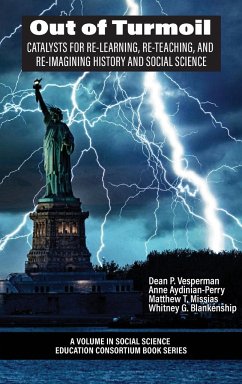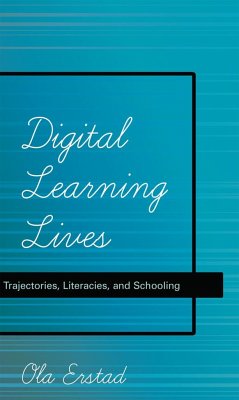
Extension Education and the Social Sciences
Versandkostenfrei!
Versandfertig in über 4 Wochen
94,99 €
inkl. MwSt.
Weitere Ausgaben:

PAYBACK Punkte
47 °P sammeln!
The Cooperative Extension System serves as the conduit through which scientific knowledge generated by the 130 land-grant colleges and universities in the United States is translated and delivered directly to its constituents. Since its inception over 100 years ago, Extension has been integral in developing, delivering, and applying cutting-edge knowledge in agriculture and natural resources, youth development, family and consumer sciences, and community and rural development. Today, more than ever, Extension will need to lead the way in building and maintaining sustainable partnerships across...
The Cooperative Extension System serves as the conduit through which scientific knowledge generated by the 130 land-grant colleges and universities in the United States is translated and delivered directly to its constituents. Since its inception over 100 years ago, Extension has been integral in developing, delivering, and applying cutting-edge knowledge in agriculture and natural resources, youth development, family and consumer sciences, and community and rural development. Today, more than ever, Extension will need to lead the way in building and maintaining sustainable partnerships across disciplines and with organizations at the local, state, and national levels to tackle complex issues considering diminishing resources. Bringing together leading and emerging scholars, this volume discusses how Extension is addressing issues and opportunities relevant to children, youth, families, and communities across the country both now and in the future. Topics include Extension's role in supporting childcare, social media use, entrepreneurship, rural communities, and underserved audiences.














